What have economists been getting wrong?
- Published
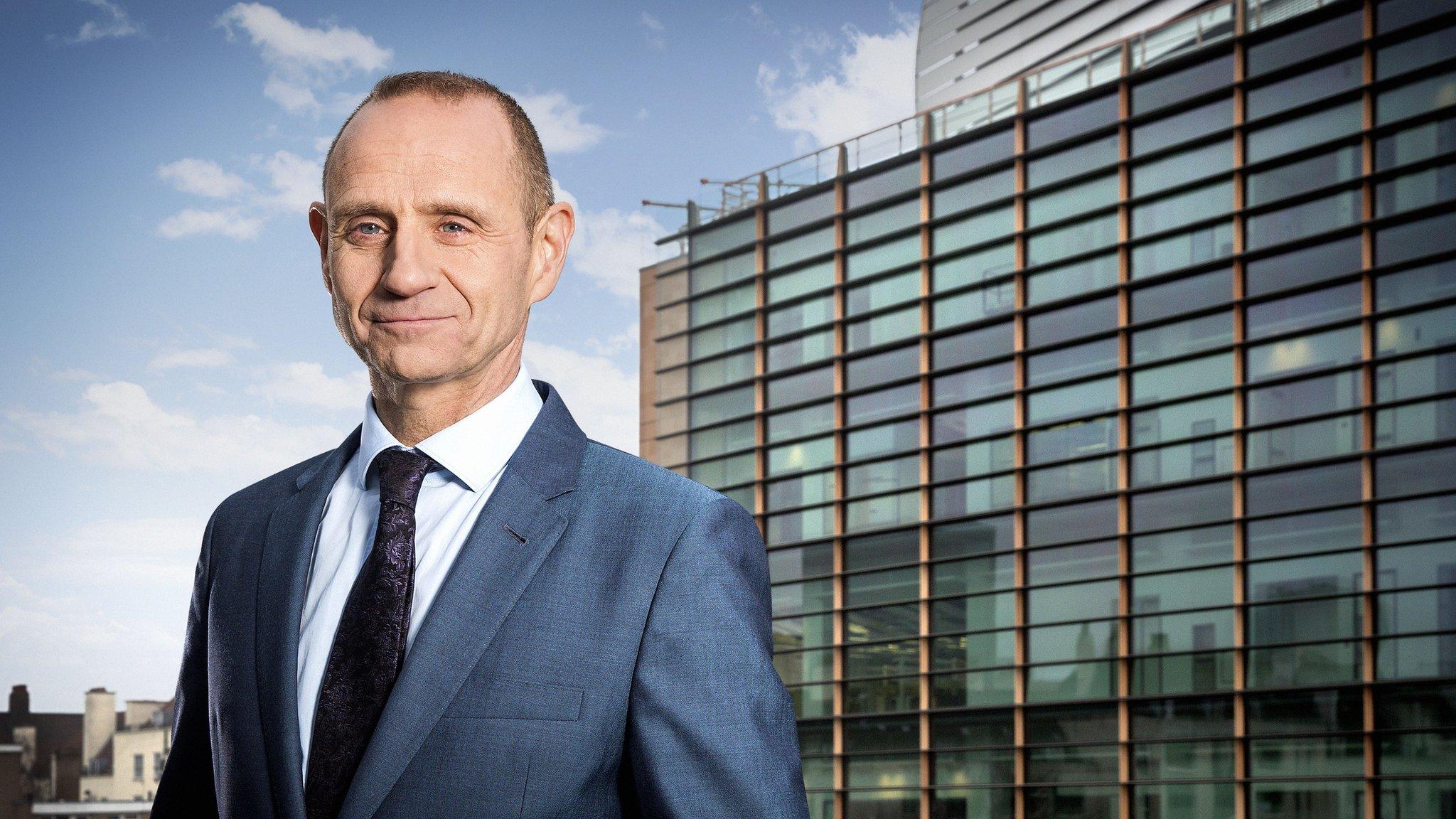
Economics got some really basic things wrong, and some economists are now trying to put them right, says Evan Davis, Presenter of Radio 4's PM programme and former Economics Editor of BBC News.
Two caveats before I get stuck in.
First, I should say that I love economics. It is a kit of wonderful tools for making sense of the world - you can look up some of the more alluring concepts, from the prisoners' dilemma to comparative advantage to the paradox of thrift.
It goes without saying that we should not want to throw economics away.
Secondly, economics has not had a bad run. Over the last few decades, economists have (more than ever and more than anyone else) had an influence over every aspect of our lives. They've run the central banks, they have led thinking about business and they work at the top echelons of civil services across the West and in international institutions. Their orthodoxy has underpinned all sorts of government policies (like choice in education for example). And during this era in which economists have reigned, the world has notched up some marked successes. The reduction in the proportion of human beings living in abject poverty over the last thirty years has been extraordinary.
But for all this, economics is rightly in the midst of a re-think.
It was obvious a lot had gone wrong at the time of the financial crisis; it was a professional embarrassment that the worst crash in three generations occurred not too long after economists took over in the cockpit.
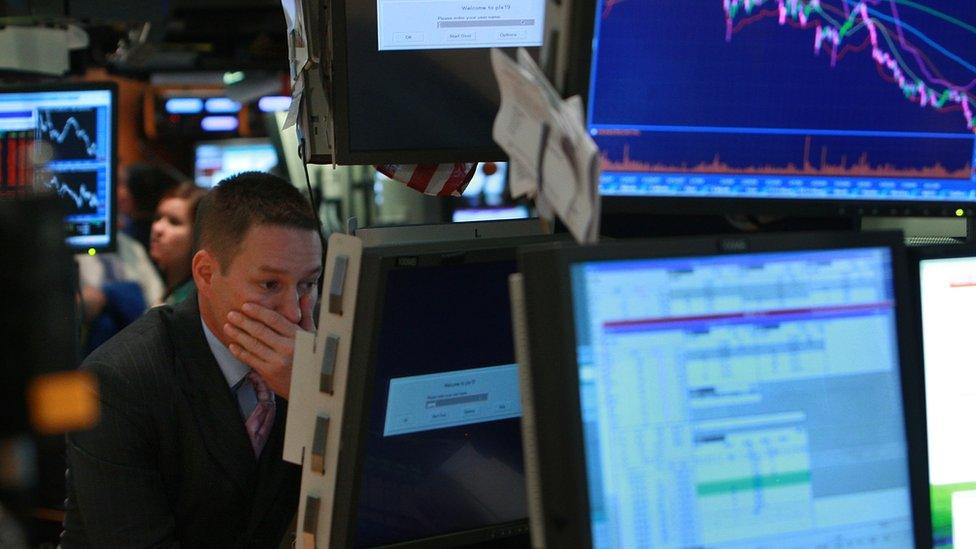
Many economists failed to predict the financial crisis in 2008
And then just as significantly, a decade on from that crisis, we know that the orthodox economic model (the one that many people call "neoliberal") is leaving swathes of people in large parts of all western societies dissatisfied.
Obviously, politics and policy-makers are responding to the anger in the usual way - trying to fumble their way to something different. The big inquiry into inequality that was launched by the Institute for Fiscal Studies recently is an example of the changing priorities of economists who work at the practical end of the profession.
But there is something else going on as well: the whole academic discipline of economics is being re-considered: the theory as well as the policy advice.
Not all economists are on board with this project, and not all economics is being overthrown. And not all the rethinking is actually new. But it does seem that we are in the midst of a slow paradigm shift. Who knows where it will end?
The two 'Cs'
Two words - both beginning with C - capture the critiques of old school thinking. One is complexity, the other is community. Let me explain both.
Complexity is a reaction against some very simplistic assumptions upon which the orthodox economic models are built: in particular the assumptions that individuals know what they want, that they maximise their utility subject to the constraints on income and time they face and that companies maximise profits.
Traditional economic models need to be simple to make the maths work, and getting the maths to work has always felt like an important objective. In addition, a huge weight in these models has been put on internal consistency, rather than practical applicability.
But it turns out that the world is more complicated than these simplistic assumptions imply.
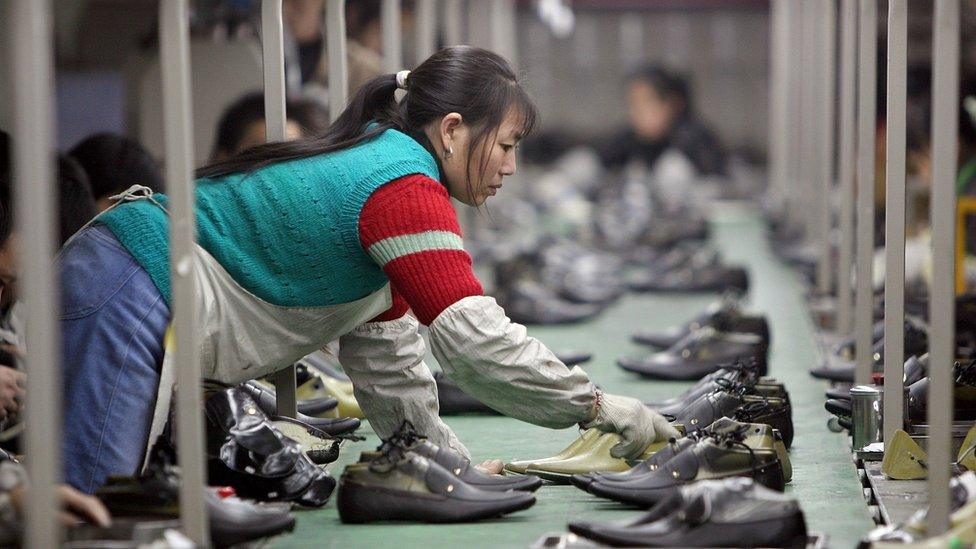
China is one of several economies to have seen a decrease in the overall level of poverty
This is very clear in the most basic function of economic models, to help us understand the economy. Economists have always produced their models in the form of a kind of virtual black box containing dozens of equations. Into this, they can plug some data and out of the box come projections of how the economy will behave in different circumstances.
These models have a certain theoretical elegance but there is now an increasing sense that economies do not evolve along a well-defined mathematical path, but in a far more messy way. The individual players within the economy face radical uncertainty; they adapt and learn as they go; they watch what everybody else does. The economy stumbles along in a process of slow discovery, full of feedback loops.
The new models might draw on other sciences - they might analyse how schools of fish or flocks of birds move together; or they might draw on evolutionary models of populations.
Take an example: how do companies decide when to put up their prices? This is central to understanding inflation. Simplifying a bit here, in the traditional models businesses might make their pricing decisions by looking at the inflation target and assuming that is what inflation will be. Or they might just stick with yesterday's prices, as it costs a lot to change the labels on their products. Economists think hard about this kind of thing - with rational companies making clever pricing decisions.
But in the new models, you don't assume companies ultimately know what the right price is - they are guessing, they are watching each other and learning as they go. There are multiple paths inflation could follow.
Or take another important area: finance. Economists have tended to think the stock market is efficient: the price of company share on any day, is seen as the best possible guess of the value of that company share at the time. "How could it be any different?", the logic goes. If the company was worth more than the share price implied, then people would buy the shares, driving the share price up until it was just at the right level.
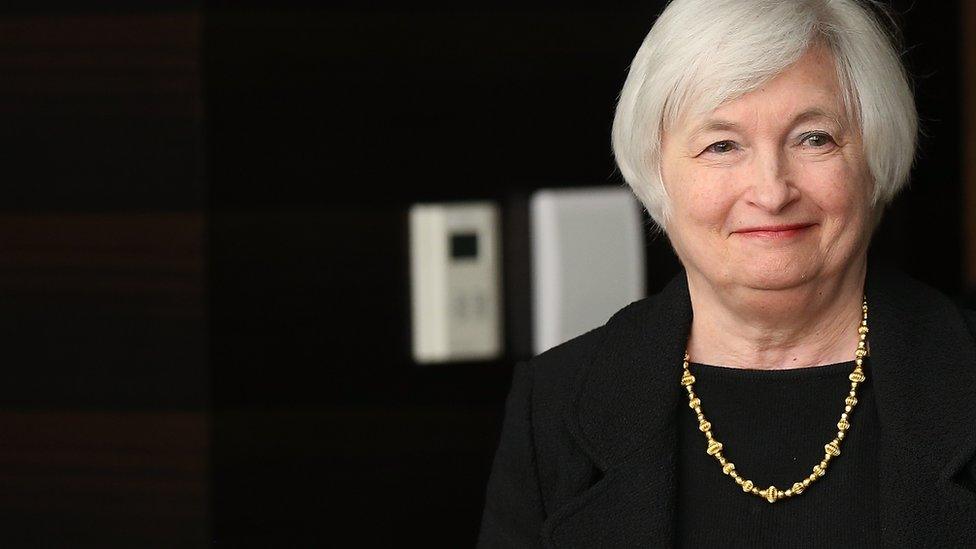
Janet Yellen is one of the many economists who were put in charge of central banks
But again, the real world is more complicated: who actually makes the investment decisions? By the time you have factored in the layers of financial intermediaries who look after money on our behalf, competing for our business, you see all sorts of distorted incentives. Fund managers might want to follow the pack of other investors rather than following their own judgements in order not to be left looking stupid. Suddenly, you have the potential for bubbles, booms and busts as everybody piles into the same shares at the same time.
Or take GDP (gross domestic product), the most basic measure of national income. It is barely an exaggeration to say it has been fetishised in economics, despite obvious weaknesses in its capacity to encapsulate a whole economy in a single number. A lot of re-thinking is going on there, particularly as companies like Google and Facebook stretch the concept of market transactions, where we get so much for free, but where we give back a lot of useful data without charge.
So nothing is simple, and economists are having to learn that a dishevelled model of the economy may be more useful than a tidy one.
Group identity
Which brings us to the second issue: community. It turns out that people do not just act as individuals. They value their sense of belonging to a society; they have a sense of group interest, they are happy to make obligations to the rest of the group, and the group identity shapes their decision-making. And you can't just assume that away.
So for example, the dominant old paradigm in understanding company behaviour has been to assume everything the company does is for the shareholders. Indeed, many economists have allowed themselves to go from simplistically assuming this is what companies do, to arguing that this is what companies ought to do.
Under the new thinking, there is a sense that this has led companies the wrong way: they are themselves complex communities, and operate within complex societies. Their objectives need to be defined in a far more nuanced way.
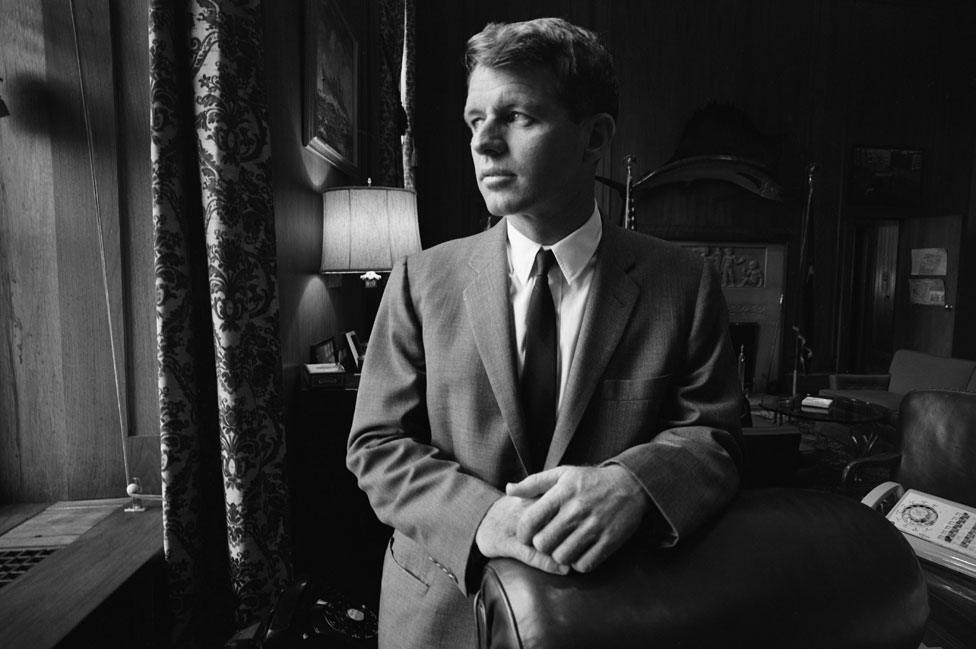
"It measures everything... except that which makes life worthwhile," said Bobby Kennedy of GDP
You will even find economists attacking the notion of the invisible hand: it's an appealing metaphor that has implied the default setting for any commerce should be laissez-faire; that left to their own devices, selfish individuals unwittingly produce the best outcome for society as a whole.
But the new thinking suggests that government, or some notion of group interest should have a bigger part to play in getting things to run efficiently.
So when it comes to both complexity and community, economists' preoccupations are changing.
I don't want to pretend that the new thinking represents a sudden, sharp jolt. Economists have always been expert at self-criticism, and their subject is always evolving. And I'm not making an original argument here: I'm simply reporting what I hear economists say about how they feel their subject is changing.
Many non-economists will say that the economists must have been stupid not to realise what was wrong with their subject. All that I've set out here should have been obvious.
But of course, economics has not been wrong about everything. Simplistic models can often offer genuinely useful insights. The problem is that the profession has sometimes taken them too literally, and hoped narrow models will bear more weight than they were ever designed to carry.
At the end of the day, it is very easy to make the mistake of the old drunk looking for his keys under a streetlight. "Are you sure this is where you dropped them?" he's asked. "No, I dropped them in the park, but the light is better here," he says.
Economists have put more weight on looking where the light is good - than where the economy is. And it is great that they are now beginning to look elsewhere.
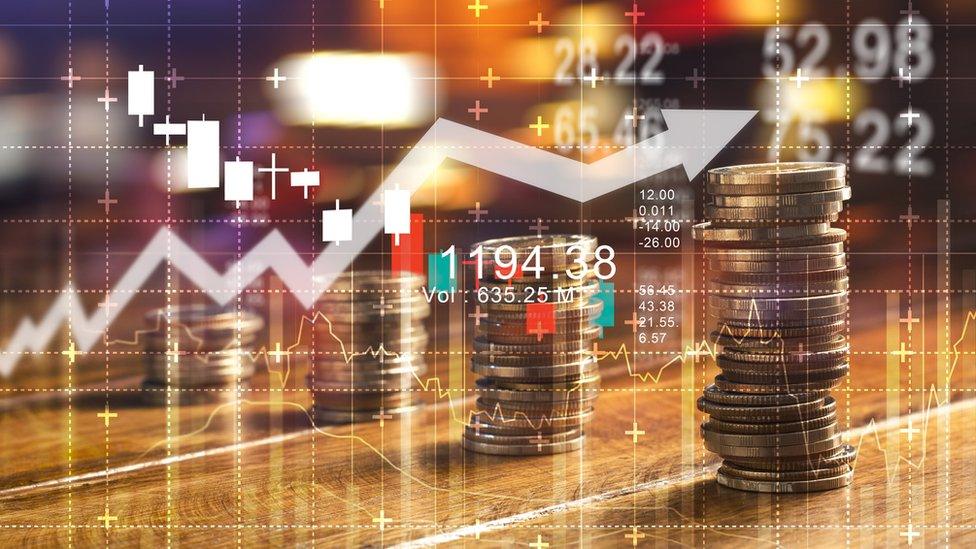
- Published10 May 2019
